As an Amazon Associate, I earn from qualifying purchases
Olympic athletes require a balanced diet rich in nutrients to support peak performance and recovery. Their diet includes proteins, carbohydrates, healthy fats, vitamins, and minerals.
Olympic athletes follow a meticulously planned diet to fuel their intense training regimens and competitive events. They consume meals rich in lean proteins, such as chicken, fish, and legumes, to build and repair muscle tissues. Carbohydrates from whole grains, fruits, and vegetables provide necessary energy for rigorous workouts.
Healthy fats from sources like avocados, nuts, and olive oil support overall health and energy levels. Vitamins and minerals from a variety of colorful fruits and vegetables ensure optimal bodily functions. Staying hydrated with water and electrolyte drinks is crucial for maintaining performance and recovery.
Importance Of Nutrition
Nutrition is crucial for Olympic athletes. Proper nutrition fuels their bodies. It helps them perform at their best. Athletes need specific nutrients to succeed. These nutrients support their training and recovery.
Fuel For Athletes
Athletes need the right fuel for their bodies. Carbohydrates provide energy for workouts. Proteins build and repair muscles. Healthy fats support overall health.
| Food Type | Examples |
|---|---|
| Carbohydrates | Bread, pasta, rice |
| Proteins | Chicken, fish, beans |
| Fats | Avocado, nuts, olive oil |
Vitamins and minerals are also important. They support immune function and bone health. Hydration is critical too. Water helps muscles work properly.
Role In Recovery
Nutrition aids recovery after intense workouts. Protein helps repair muscle tissue. Carbohydrates replenish energy stores. Antioxidants reduce inflammation.
Eating the right foods speeds up recovery. It reduces the risk of injury. Proper nutrition keeps athletes ready for the next challenge. Consistent eating habits lead to better performance.

Credit: www.pinterest.com
Macronutrients Breakdown
Understanding the macronutrients breakdown is crucial for an effective Olympic diet plan. Athletes need a balanced intake of carbohydrates, proteins, and fats to fuel their performance and recovery.
Carbohydrates
Carbohydrates are the primary source of energy for athletes. They provide the necessary fuel for intense workouts and competitions.
Athletes should aim for 55-60% of their daily calories from carbohydrates. Focus on complex carbs like:
- Whole grains
- Fruits
- Vegetables
- Legumes
Simple sugars should be limited to avoid energy crashes.
Proteins
Proteins are essential for muscle repair and growth. They help in recovery and maintaining muscle mass.
Athletes should consume 15-20% of their daily calories from proteins. Good sources of protein include:
- Lean meats
- Fish
- Eggs
- Dairy products
- Plant-based proteins
Fats
Fats are important for long-lasting energy and supporting cellular functions. They should not be neglected in an athlete’s diet.
Athletes should aim for 25-30% of their daily calories from fats. Opt for healthy fat sources like:
- Avocados
- Nuts
- Seeds
- Olive oil
- Fatty fish
Avoid trans fats and limit saturated fats to maintain heart health.
Micronutrients Essentials
Micronutrients are vital for athletes. These small nutrients help the body function well. In an Olympic diet, micronutrients play a key role. They include vitamins and minerals. Let’s explore their importance.
Vitamins
Vitamins are organic compounds. They are crucial for the body. Here are some key vitamins:
- Vitamin A: Good for vision and skin health.
- Vitamin C: Boosts the immune system. Helps in healing wounds.
- Vitamin D: Important for bone health. Helps in calcium absorption.
- Vitamin E: Acts as an antioxidant. Protects cells from damage.
- Vitamin K: Essential for blood clotting. Supports bone health.
- B Vitamins: Vital for energy production. Helps in red blood cell formation.
Minerals
Minerals are inorganic elements. They are essential for various body functions. Here are some key minerals:
| Mineral | Function | Food Sources |
|---|---|---|
| Calcium | Supports bone health. Helps muscle function. | Dairy, broccoli, almonds |
| Iron | Vital for blood production. Transports oxygen. | Red meat, spinach, lentils |
| Magnesium | Regulates muscle and nerve function. Supports immune system. | Nuts, seeds, whole grains |
| Potassium | Maintains fluid balance. Supports muscle contractions. | Bananas, potatoes, oranges |
| Zinc | Boosts immune function. Supports wound healing. | Meat, shellfish, legumes |
Hydration Strategies
Hydration is a key part of an Olympic athlete’s diet plan. Proper hydration ensures peak performance and aids recovery. Here are some effective hydration strategies.
Daily Intake
Daily water intake is crucial for athletes. The recommended amount is usually higher for athletes. They should drink at least 3 liters of water daily.
Water should be consumed throughout the day. Athletes should avoid drinking large amounts at once. This helps maintain steady hydration levels.
Athletes should also consume foods high in water content. Fruits like watermelon and oranges are good choices. Vegetables like cucumbers and lettuce are also beneficial.
During Exercise
Athletes lose a lot of water during exercise. It’s vital to replace it promptly. Drinking water before, during, and after exercise is essential.
Here is a simple guide:
- Before exercise: Drink 500ml of water 2 hours before.
- During exercise: Sip water every 15-20 minutes.
- After exercise: Drink 500ml of water within 30 minutes.
Electrolyte drinks are also important. They help replenish lost minerals. Sodium, potassium, and magnesium are key electrolytes.
Athletes should monitor their urine color. Dark urine indicates dehydration. Clear urine shows good hydration.
Keeping a water bottle handy is a good habit. It serves as a constant reminder to drink water.
Pre-competition Meals
Preparing for an Olympic event requires a carefully planned diet. Pre-competition meals play a crucial role in an athlete’s performance. These meals provide the necessary energy and nutrients to perform at their best.
Timing
Timing your meals is essential. Eat 3-4 hours before the event. This allows your body to digest and absorb the nutrients fully. A small snack 30-60 minutes before can also help maintain energy levels.
Food Choices
Choosing the right foods is vital. Focus on high-carb, moderate-protein, and low-fat foods. Here are some excellent choices:
- Whole grains like oatmeal or brown rice
- Lean proteins such as chicken or fish
- Fruits and vegetables for vitamins and minerals
- Low-fat dairy or alternatives
Here’s a simple table to illustrate a balanced pre-competition meal:
| Food Group | Examples |
|---|---|
| Carbohydrates | Oatmeal, Brown Rice, Whole Grain Bread |
| Proteins | Chicken Breast, Fish, Eggs |
| Fruits and Vegetables | Bananas, Spinach, Berries |
| Dairy | Low-fat Yogurt, Milk |
Staying hydrated is also crucial. Drink plenty of water throughout the day. Avoid heavy, greasy, or sugary foods as they can cause stomach discomfort and energy crashes.

Credit: www.pinterest.com
Post-competition Nutrition
After intense competition, athletes need to focus on post-competition nutrition. This helps them recover and prepare for the next challenge. Consuming the right foods can speed up recovery and restore energy levels. Let’s explore the essential components of post-competition nutrition.
Recovery Foods
Recovery foods are crucial for muscle repair and growth. These foods should be rich in protein and amino acids. Protein helps rebuild damaged muscle fibers.
- Grilled chicken breast
- Greek yogurt
- Cottage cheese
- Eggs
- Protein shakes
Carbohydrates also play a key role in recovery. They replenish glycogen stores used during competition.
- Whole grain bread
- Brown rice
- Quinoa
- Sweet potatoes
- Fruits like bananas and berries
Replenishing Energy
Energy levels drop significantly after intense activities. Replenishing them is essential for quick recovery.
Athletes should consume a mix of carbohydrates, proteins, and fats. This balanced mix helps restore energy levels effectively.
| Nutrient | Food Source |
|---|---|
| Carbohydrates | Oatmeal, fruits, whole grains |
| Proteins | Lean meats, dairy, legumes |
| Fats | Avocado, nuts, olive oil |
Hydration is also a key aspect of replenishing energy. Water and electrolyte-rich drinks help maintain fluid balance.
- Water
- Coconut water
- Sports drinks
Maintaining proper nutrition after competition ensures athletes stay strong and ready. Proper post-competition nutrition is vital for peak performance.
Supplementation
Olympic athletes follow strict diet plans. These plans often include supplements. Supplements help fill nutritional gaps and boost performance. Understanding common supplements and their safety is crucial.
Common Supplements
Below are some common supplements used by Olympic athletes:
- Protein Powders: Help build and repair muscles.
- Creatine: Increases muscle mass and improves performance.
- Multivitamins: Ensure athletes get essential vitamins and minerals.
- Omega-3 Fatty Acids: Reduce inflammation and improve heart health.
- Electrolytes: Maintain hydration and proper muscle function.
Safety And Efficacy
The safety and efficacy of supplements are important. Not all supplements are safe or effective.
Safety:
- Check for third-party testing labels.
- Consult a healthcare professional before starting any supplement.
- Avoid supplements with unknown ingredients.
Efficacy:
| Supplement | Benefits | Usage |
|---|---|---|
| Protein Powders | Builds and repairs muscles | Post-workout |
| Creatine | Increases muscle mass | Pre or post-workout |
| Multivitamins | Provides essential nutrients | Daily |
| Omega-3 Fatty Acids | Reduces inflammation | Daily |
| Electrolytes | Maintains hydration | During or post-exercise |
Choosing the right supplement is crucial. Always prioritize safety and proven efficacy.

Credit: maryrodavichwvudietetics.wordpress.com
Sample Meal Plans
Following a well-balanced diet is essential for Olympic athletes. A proper diet fuels their bodies and optimizes performance. Below are sample meal plans for different meals throughout the day.
Breakfast
Breakfast is the most important meal. It kickstarts the day with energy and nutrients.
| Food Item | Description |
|---|---|
| Oatmeal with Berries | A bowl of oatmeal topped with fresh berries. |
| Scrambled Eggs | Two scrambled eggs with spinach and tomatoes. |
| Smoothie | A smoothie with banana, almond milk, and protein powder. |
Lunch
Lunch should refuel your body and sustain your energy for the afternoon.
| Food Item | Description |
|---|---|
| Grilled Chicken Salad | Grilled chicken with mixed greens, avocado, and olive oil. |
| Quinoa Bowl | Quinoa with black beans, corn, and salsa. |
| Turkey Sandwich | Whole wheat sandwich with turkey, lettuce, and mustard. |
Dinner
Dinner should be balanced and help your body recover overnight.
| Food Item | Description |
|---|---|
| Salmon with Veggies | Baked salmon with steamed broccoli and carrots. |
| Beef Stir-fry | Lean beef with bell peppers and brown rice. |
| Vegetable Pasta | Whole grain pasta with marinara sauce and mixed vegetables. |
Snacks
Snacks keep energy levels stable between main meals.
- Greek Yogurt: High-protein yogurt with a drizzle of honey.
- Apple with Peanut Butter: Sliced apple with natural peanut butter.
- Nuts and Seeds: A handful of mixed nuts and seeds.
- Protein Bars: Low-sugar protein bars.
Frequently Asked Questions
What Is The Olympic Diet?
An Olympic diet is a balanced nutrition plan for athletes. It includes proteins, carbohydrates, fats, vitamins, and minerals.
How Many Calories A Day Do Olympians Eat?
Olympians typically consume 2,000 to 10,000 calories daily. Their intake depends on their sport, training intensity, and body size.
What Does An Olympian Eat For Breakfast?
An Olympian often eats a balanced breakfast with protein, whole grains, fruits, and healthy fats. Common choices include oatmeal, eggs, yogurt, berries, and nuts. This combination fuels their training and recovery.
What Was Michael Phelps Olympic Diet?
Michael Phelps consumed around 12,000 calories daily during the Olympics. His diet included pasta, pizza, energy drinks, and eggs.
What Is An Olympic Diet Plan?
An Olympic diet plan is a specialized nutrition plan tailored for athletes to optimize performance and recovery.
How Do Athletes Benefit From An Olympic Diet?
Athletes benefit by achieving peak performance, enhanced recovery, and maintaining optimal health and energy levels.
What Foods Are Included In An Olympic Diet?
An Olympic diet includes lean proteins, whole grains, vegetables, fruits, and healthy fats.
How Many Calories Do Olympic Athletes Consume?
Olympic athletes typically consume between 2,000 to 10,000 calories daily, depending on their sport and training intensity.
What Is The Role Of Protein In An Athlete’s Diet?
Protein helps in muscle repair, growth, and overall recovery, essential for athlete performance.
How Do Athletes Stay Hydrated?
Athletes stay hydrated by drinking water, sports drinks, and consuming foods with high water content.
Conclusion
Achieving an Olympic-level diet requires dedication and strategic planning. By following these guidelines, you can optimize performance. Focus on balanced nutrition, hydration, and recovery. Make smart food choices to fuel your training effectively. Remember, consistency is key for long-term success.
Embrace these principles to reach your athletic potential.
As an Amazon Associate, I earn from qualifying purchases



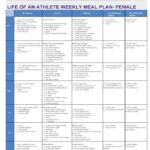


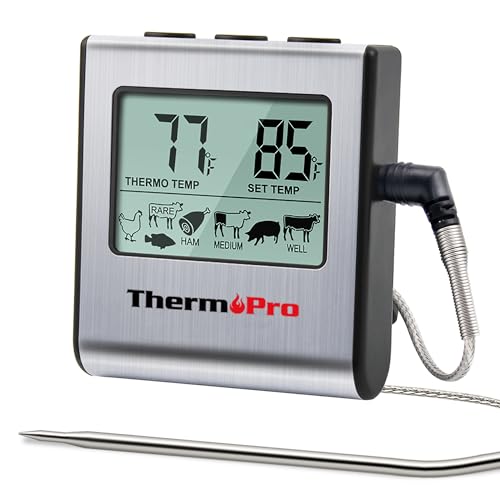
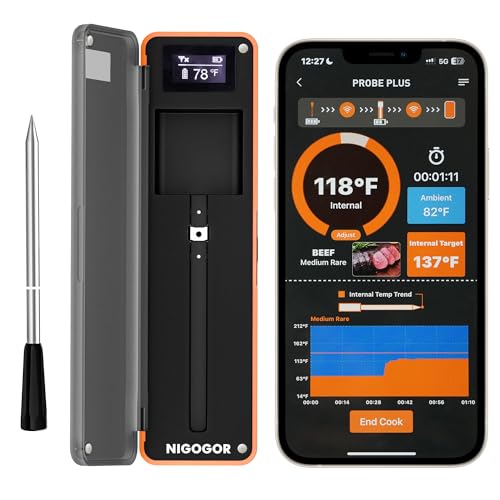
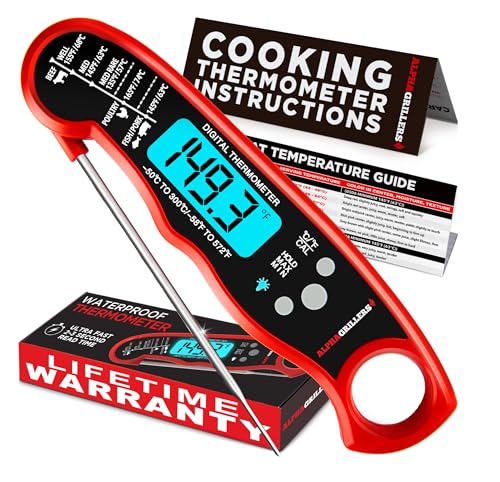
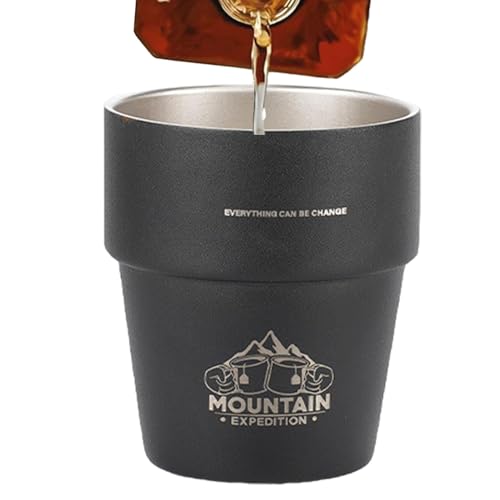
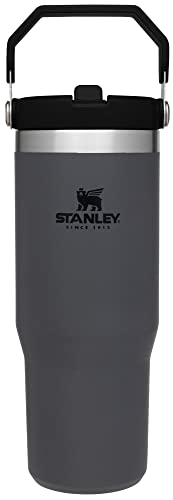
Leave a Reply